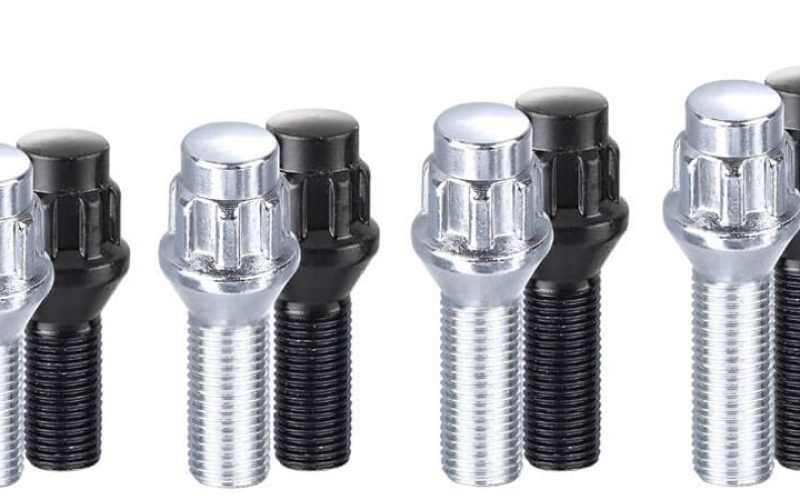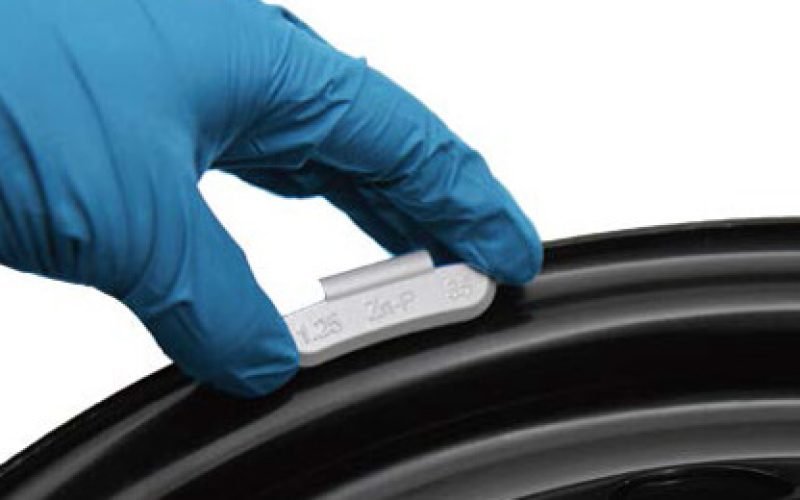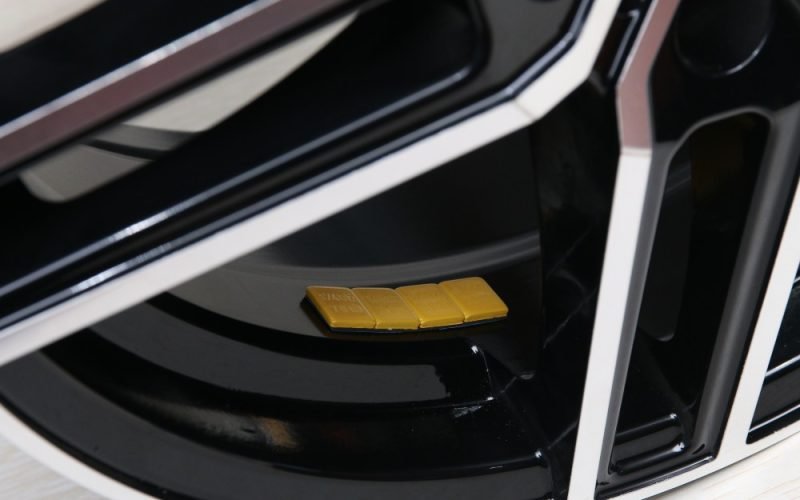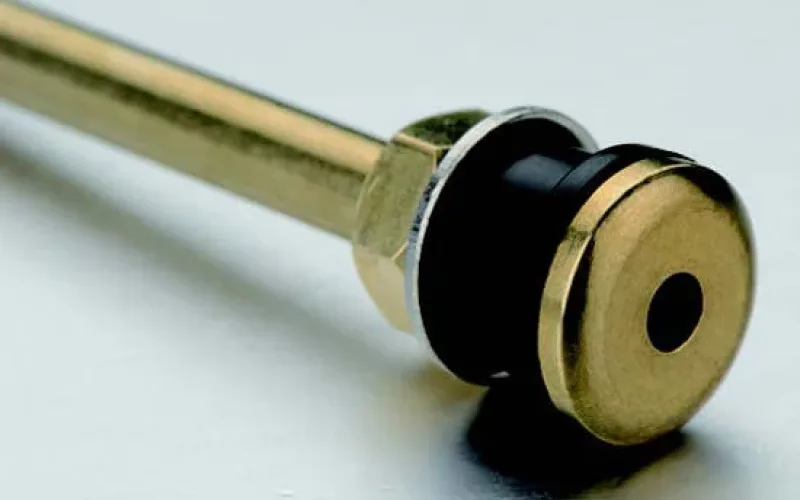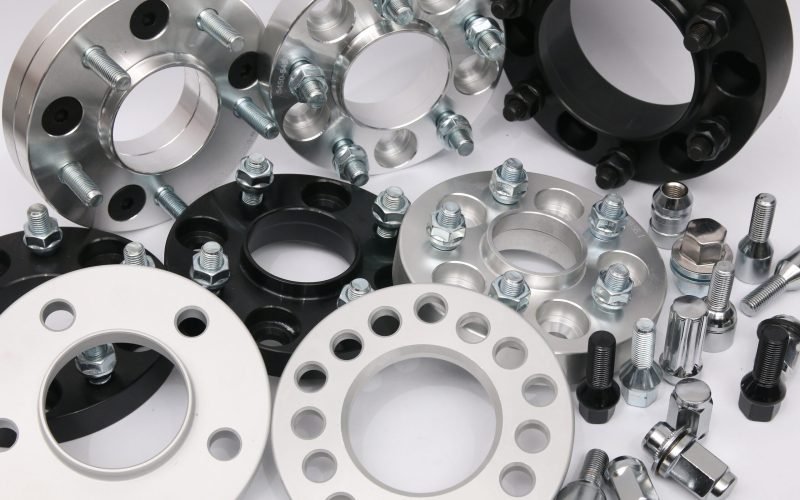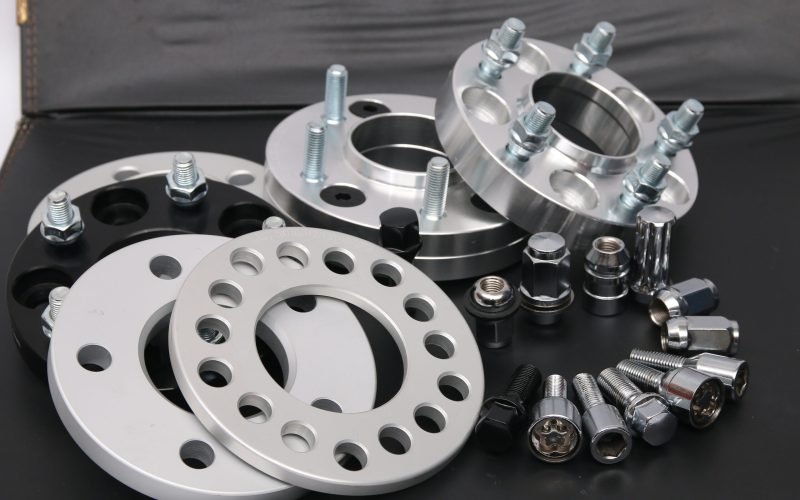

admin1
August 2, 2025
Why Tire Gauge Caps Are Essential for Maintaining Optimal Tire Pressure

You might not think much about tire valve caps, but these small caps play a huge role in keeping your tire pressure just right. When you use tire gauge caps, you give your tire valves extra protection from dirt and moisture. Without these caps, your tires face more air loss, which puts your safety at risk. Did you know that 35% of tire-related breakdowns come from improper tire pressure or valve issues?
| Cause Category | Percentage of Tire-Related Breakdowns |
|---|---|
| Tire Blowouts | 20% |
| Miscellaneous Issues | 15% |
| Combined | 35% |
By making sure your tire valve caps are always in place, you help maintain tire pressure and boost protection for your tires. This simple step supports your safety and helps your tires last longer.
How Tire Gauge Caps Protect Tire Valve Caps and Tire Pressure

Shielding the Valve from Dirt and Debris
You probably notice a small cap on each tire valve every time you check your tires. These tire valve caps do more than just cover the valve—they act as a strong shield. When you drive, your tires kick up dirt, sand, and tiny rocks. Without tire valve caps, all that debris can sneak into the valve. If dirt gets inside, it can block the valve or even cause it to stick open. That means you could lose air without even knowing it.
Tire valve caps made from plastic, rubber, or metal create a barrier that keeps out dust and other particles. This protection helps your tire valves stay clean and work smoothly. You get more consistent tire pressure because the valve stays free from blockages. When you use tire gauge caps, you protect tire valves and help your tires last longer.
Tip: Always check that your tire valve caps fit snugly. A loose cap lets in dirt and can lead to problems down the road.
Preventing Moisture and Corrosion in Tire Valve Caps
Moisture is another big enemy for tire valve caps. Rain, snow, and even washing your car can let water reach the valve. If water gets inside, it can cause the metal parts to rust. Corrosion makes the valve weak and can lead to leaks. Over time, this damage can ruin the valve and make it hard to keep consistent tire pressure.
Weather-resistant tire valve caps, especially those made from metal or aluminum, offer extra protection against water. These caps seal tightly and block out moisture. You keep your tire valves safe from rust and corrosion. This protection means your tires hold air better and you avoid sudden drops in tire pressure. When you use quality tire valve caps, you help your tires stay healthy and strong.
Reducing the Risk of Air Leaks in Tires
Air leaks are a real problem if you want to keep your tires in top shape. Even a tiny leak can lower tire pressure and make driving unsafe. Tire valve caps play a key role here. They add an extra layer of protection to the valve, making it harder for air to escape. If the valve gets damaged or dirty, air can leak out quickly. But with the right caps, you prevent air leakage and keep your tires at the right pressure.
A snug tire valve cap keeps the valve sealed. This helps you maintain consistent tire pressure and avoid underinflated tires. You get better gas mileage and a smoother ride. Tire valve caps are not just for looks—they are a simple way to protect your tires and keep your car running safely.
Note: Make it a habit to check your tire valve caps every time you check your tire pressure. Replacing a missing or broken cap is quick and easy, but it makes a big difference for your tire safety.
Risks of Missing or Damaged Tire Gauge Caps for Tire Safety
When you see a missing or broken tire valve cap, you might think it’s no big deal. But these tiny caps do a lot to protect your tires and keep you safe on the road. Let’s look at what can happen if you ignore damaged or missing caps.
Increased Air Loss and Underinflated Tires
If you drive without tire valve caps, you open the door for dirt and debris to get inside the valve stem. This can cause leaks that slowly let air escape from your tire. You may not notice right away, but over time, your tire loses pressure. Low tire pressure makes your car harder to handle and can even cause a blowout.
You want to keep consistent tire pressure for the best tire safety and performance. When you use caps, you help seal the valve and stop air from leaking out. Without them, you risk underinflated tires, which can lead to uneven wear and poor traction. That means you might have to replace your tires sooner than you planned.
Tip: Check your tire valve caps every time you fill up with gas. It’s a quick way to spot problems before they get worse.
Tire Damage and Shortened Tire Lifespan
Missing or damaged caps don’t just let air out—they also let in water and grime. When moisture gets into the valve, it can cause rust and corrosion. This weakens the valve and makes it more likely to fail. If the valve fails, your tire could lose air fast, putting you at risk.
Tire valve caps help keep your tires in good shape by blocking out the bad stuff. When you protect your valves, you protect your tire’s longevity. Tires that stay properly inflated and free from damage last longer and perform better. You save money and avoid the hassle of buying new tires too soon.
Here’s a quick look at what happens when you skip using caps:
| Problem | What Happens to Your Tire | Impact on Longevity |
|---|---|---|
| No tire valve caps | Dirt and water enter the valve | Shorter lifespan |
| Damaged caps | Air leaks and corrosion | More frequent replacements |
| Properly installed caps | Valve stays clean and sealed | Longer tire longevity |
Safety Hazards and Reduced Fuel Efficiency
Driving on underinflated tires is risky. Your car doesn’t grip the road as well, and stopping takes longer. You could lose control, especially in bad weather. Tire valve caps play a big part in keeping your tires at the right pressure, which keeps you safe.
There’s another problem, too. Underinflated tires make your car work harder. According to the EPA, for every 1 psi drop in tire pressure, your fuel efficiency drops by about 0.2%. If your tires are 10 psi low, you could lose about 1% of your gas mileage. That means you spend more money at the pump and put out more pollution. Keeping your tire valve caps in place helps you avoid low tire pressure and keeps your car running smoothly.
🚗 Did you know? Keeping your tires properly inflated can boost your gas mileage by up to 3%. That’s good for your wallet and the environment!
When you use tire valve caps, you protect your safety, improve your car’s performance, and help your tires last longer. Don’t let something so small cause big problems. Make checking your caps a regular part of your routine, and you’ll see the benefits in tire longevity, safety, and performance.
Why Tire Gauge Caps Go Missing or Break
Everyday Wear and Tear on Tire Valve Caps
You use your car every day, so it’s no surprise that tire valve caps face a lot of wear and tear. Over time, these caps can loosen or fall off. Sometimes, you might not screw them back on tightly after checking your tire pressure. Other times, you may lose them at the gas station or during a quick tire check. Many people also find that theft or vandalism is a problem, especially if you park on busy streets. Some folks even wonder why anyone would steal such small items, but local mischief happens more often than you think.
Here are some common reasons tire valve caps go missing:
- Theft or vandalism, especially in city parking spots.
- Accidental loss from loose or poorly fastened caps.
- Caps removed for cleaning or replacement after dirt builds up.
When you lose these caps, dirt and debris can get into the valve. This can damage the valve core and even affect your tire pressure monitoring sensors. Replacing missing caps helps keep your tire valve caps working well and supports the longevity of your tires.
Improper Installation or Removal of Tire Gauge Caps
You might not think twice about how you put on or take off tire valve caps, but it matters. If you twist the caps too tightly, you can crack the plastic or strip the threads. If you don’t screw them on enough, they can fall off while you drive. Using the wrong types of tire valve caps can also cause problems. For example, metal caps that don’t match the valve material can stick due to electrolysis, making them hard to remove and even damaging the valve core.
Valve stem caps act as a full-time seal. When you use the right types and install them correctly, you boost the durability and longevity of your tire valve caps. Always check that your caps fit well and match your valve stems.
🛠️ Tip: Gently tighten your tire valve caps by hand. Avoid using tools that could crack or damage the caps.
Environmental Factors Affecting Tire Valve Caps
Your tire valve caps face tough conditions every day. Extreme heat in summer and freezing cold in winter can make rubber caps brittle or cause them to age faster. Road salt and chemicals from winter roads speed up corrosion and break down both rubber and metal caps. These harsh conditions lower the durability of your tire valve caps and can shorten their lifespan.
- Extreme temperatures make rubber caps crack or break.
- Road salt and chemicals eat away at both rubber and metal caps.
- Sunlight and rain also wear down the materials over time.
If you want your tire valve caps to last, choose high-quality caps made for your climate. Regular checks help you spot damage early and keep your tires safe. Good caps protect your tire valves, improve durability, and help your tires last longer.
How to Check, Maintain, and Replace Tire Gauge Caps
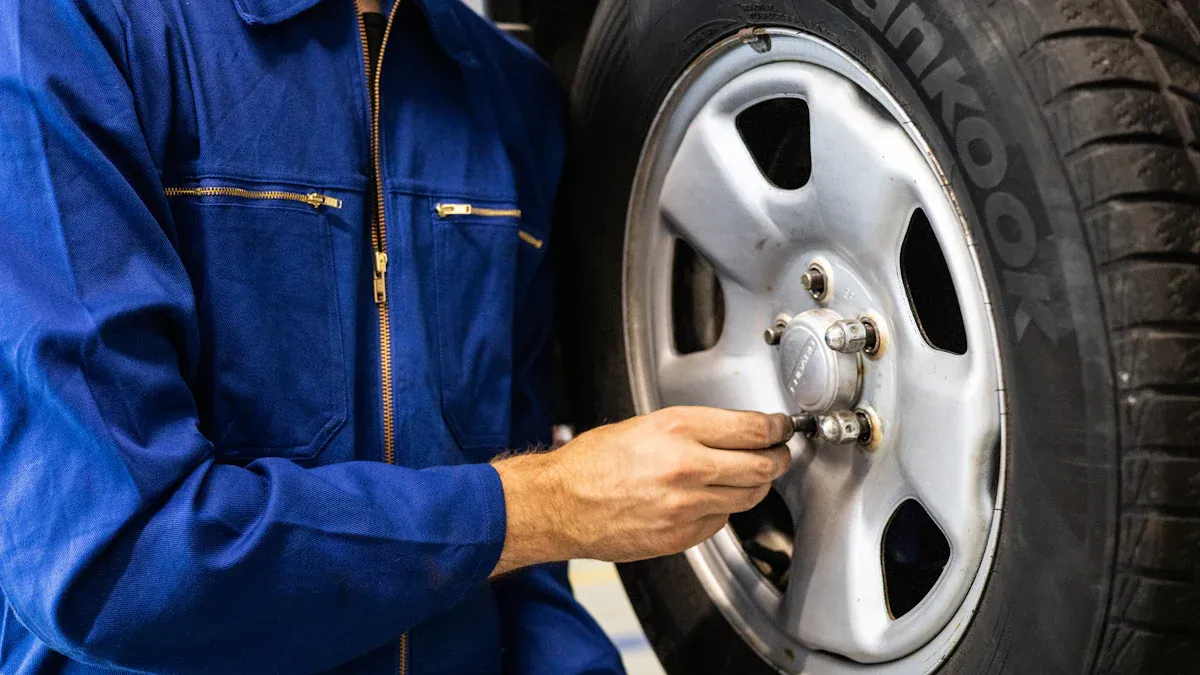
Regular Inspection Tips for Tire Valve Caps
You want your tires to last and keep you safe. Checking your tire valve caps is a simple part of tire maintenance. Start by looking at each cap when you check your tire pressure. Make sure every cap is on tight and not cracked or missing. If you see dirt or rust, wipe it away with a clean cloth. Look for signs of wear, like faded color or loose fit. If a cap feels loose, twist it gently until it feels snug. Try to check your tire valve caps at least once a month or every time you fill up with gas.
🛑 Tip: If you spot a missing or broken cap, replace it right away. This helps protect your tire from leaks and keeps your tire maintenance on track.
Choosing Quality Replacement Tire Gauge Caps
When you need new caps, pick ones that will last. Not all tire valve caps are the same. Some work better in tough weather or on rough roads. Here’s what to look for:
- Metal caps work best in harsh weather because they last longer.
- Plastic caps are fine for mild climates and everyday driving.
- Some caps have pressure indicators or even LED lights for extra safety.
- Make sure the caps fit your tire’s valve stems. Most are universal, but double-check to be sure.
- High-quality caps seal tightly and keep out dirt, water, and road salt.
A good set of tire gauge caps helps maintain tire pressure and keeps your tires in top shape. Durable, well-fitting caps protect the Schrader valve from damage and stop air leaks. This means your tires wear evenly, your car uses less gas, and you avoid sudden blowouts.
Simple Steps for Installing Tire Valve Caps
Putting on new tire valve caps is easy. Just follow these steps:
- Remove the old cap by turning it to the left.
- Check the valve stem for dirt or damage. Wipe it clean if needed.
- Place the new cap on the valve stem.
- Turn the cap to the right until it feels snug. Don’t use tools—hand-tight is enough.
- Repeat for each tire.
🚗 Note: Always keep a few spare caps in your glove box. You never know when you might need one during your next tire maintenance check.
You might think caps are just tiny parts, but tire gauge caps make a big difference for your tire safety and performance. When you check and replace caps often, you help prevent air leaks, tire damage, and costly repairs. Reliable caps give your tire the protection it needs, keeping pressure steady for better handling and fuel savings.
- Caps keep dirt and water out, which means your tire lasts longer.
- Good caps support safety by stopping under-inflation and blowouts.
- Caps help your tire’s performance, so you get a smoother ride.
Trusting quality caps from Fortune means you get strong protection and better driving every day.
FAQ
What do tire gauge caps actually do for my tires?
You use tire gauge caps to protect tire valves from dirt and moisture. These caps help maintain tire pressure and prevent air leakage. When you keep the caps on, you boost tire safety and performance. You also help your tires last longer and improve their durability.
How often should I check or replace my tire valve caps?
You should check your caps every time you do tire maintenance or fill up with gas. If you see a missing or damaged tire valve cap, replace it right away. Regular checks help you maintain consistent tire pressure and protect tire valves for better longevity.
Are there different types of tire valve caps?
Yes! You can find many types of tire valve caps. Some are plastic, while others are metal or rubber. Certain caps even have built-in pressure indicators. Choosing the right types gives you better protection, durability, and performance for your tires.
Can missing caps really affect my tire safety and performance?
Absolutely! Missing caps let dirt and water reach the valve. This can cause low tire pressure and even damage the valve. You risk losing tire longevity and safety. Keeping caps on helps prevent air leakage and supports consistent tire pressure for top performance.
Do quality caps help prevent air leakage and improve tire longevity?
Yes, quality caps seal the valve tightly. This helps prevent air leakage and keeps your tire pressure steady. You get better protection, improved durability, and longer tire longevity. Good caps make a big difference in your tire safety and performance.
🚗 Tip: Always keep a few spare caps in your glove box. You never know when you might need one for quick tire maintenance!
